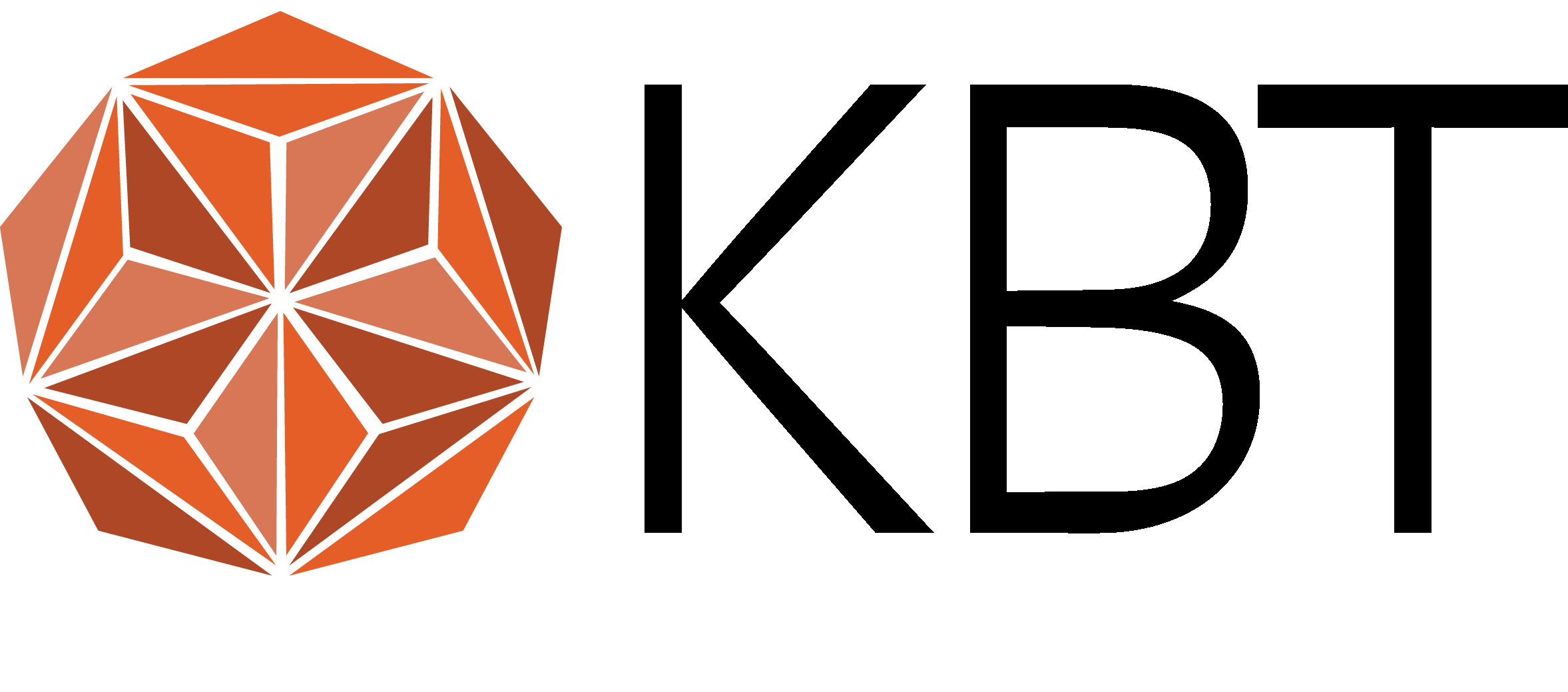What is Recovery?
Text by Christina Kildal og Elisabeth Asphaug Rauboti. Translated by: Anne R. Benschop and Christina Kildal
What is Recovery all about?
Recovery as a concept can be understood in different ways. It can be described as a model, paradigm, phenomenon, philosophy, ideology, approach, tool and/or a field of knowledge based on experience. Skeptics claim the concept is only a myth. The concept, however, is nothing new. This can be illustrated by the fact that people suffering from mental health problems for a long time have known they can get better.
Findings from several longitudinal studies and research from work related to mental health issues for over 50 years show the same: people with mental health problems can get better, with or without professional help. When talking about getting better, we turn our focus away from the term “healthy”. Recovery is about living with challenges, rather than “getting rid of it” and living without. It’s about living a good life despite your struggles.
Chronic mental health challenges?
However, mental disorders, like schizophrenia, are often referred to as chronic. Longitudinal studies conducted in 2007 by Davidson and Roe show that between 45-65% of people with a schizophrenia diagnosis get better. Courteney Hardings’ study and findings from 1987 are central to recovery-related research. Harding found that between 53-68% of the people got better. Such results are also found in other studies, like in a multicenter study including 18 major patient groups. These groups were located all over the world, in both developing countries and industrialized countries, and the findings showed that about 50% of the informants experienced getting better.
A Historical Look at Recovery
Recovery’s origins are rooted in the 1960s rebellion against injustice and lack of recognition and treatment in psychiatry. The activism was about fighting for the same rights as others and good help for people with mental health/substance abuse issues. They protested against drugs and institutional treatment, which traditionally was the only treatment option at that time and age.
The development of mental health services has also contributed to an increased interest for the recovery-concept, and establishing more services in local areas has been an important factor. Increased focus on human rights and user involvement in mental health care are also key elements. Recovery is closely linked to several other concepts, such as resilience, salutogenesis, empowerment, rehabilitation, health and well-being, cooperative practices and family and networking.
Experience as a recognized view of knowledge
The fact that people with lived experience for a long time have known they can get better can illustrate something unique about recovery as a research area and the development of recovery as a concept. Recovery is about people’s experiences with mental health problems and what they think is important in order to cope with their challenges and live a good life.
Therefore, an important part of recovery is working for lived experience to be recognized as a valid perspective. This is about acknowledging the individual’s own experience in personal processes and validating user knowledge in society. Several concepts defined by service users as strengths and key elements in health care services can be linked to recovery-oriented practices, including shared decisions, social contact and opportunities for personal development.
American Recovery history
In American research environments, one began to focus on recovery as an approach in the 1970s and 1980s. Patricia Deegan is a pioneer who has been an activist for the recovery concept in mental health care on the basis of her own recovery process after being diagnosed with schizophrenia. She has been particularly concerned with fighting for people with disabilities’ rights and innovation related to recovery-oriented services, including electronic/online services at “Pat Deegan PhD & Associates” in Massachusetts. William A. Anthony has the same interest and has formulated one of the most cited definitions of recovery:
Recovery is a deeply personal, unique process of changing one’s attitudes, values, feelings, goals, skills and/or roles. It is a way of living a satisfying, hopeful, and contributing life even with limitations caused by the illness. Recovery involves the development of new meaning and purpose in one’s life as one grows beyond the catastrophic effects of mental illness.
Recovery in Europe
Quotations as cited are derived from Borg, Karlsson and Stenhammers’ systematic knowledge collection Recovery-Oriented Practices (2013), which has been the most comprehensive material in Norwegian in this field. In recent years, especially in British and Nordic research, one has been more concerned with rights, civic, social and contextual relationships. In February 2018, the Norwegian Directorate of Health reports in a news case based on the 2017 public health report that:
“social inequalities in habits and living conditions contribute to social inequalities in health […] In the effort to reduce social health differences, it is necessary to focus attention on the causes”.
Social framework
They highlight inequalities and decline in economic living conditions, as well as an increase in disadvantaged children adolescents during upbringing, as worrying developmental features for the Norwegian population’s health that will require greater efforts and measures.
The second dimension is that no human being should be characterized as “so chronically ill” that they can’t live worthy, independent and meaningful lives in local communities. The definition of other people and normality in society is therefore important; who determines what is normal and abnormal, what we should achieve and what our lives should look like?
The recovery philosophy is based on the fact that we are first and foremost human beings, we are all different, and what goals we have and how to get there must therefore be up to each individual. Recovery-oriented practices are based on the fact that all people have the same rights, and everyone has competence, recourses and potential to grow. This also means that people independently through a recovery process try to find out what they want in life, find opportunities and environments that lead to empowerment.
The CHIME-model
There have been formulated different definitions of the recovery concept. ImROC (Implementing Recovery through Organizational Change) in England defines recovery like this: “recovery is about creating a meaningful and satisfying life, as defined by the person themselves, whether or not there are ongoing symptoms or problems”. Another known definition is the CHIME-framework, developed in 2011 by Leamy, Bird, Le Boutillier, Williams and Slade:
- Connectedness
- Hope
- Identity
- Meaning
- Empowerment
In 2011, Le Boutillier et al. went through 30 documents from six different countries for analysis and found the following four principles for recovery-oriented practices:
- Promoting Citizenship
- Organizational commitment
- Supporting personally defined recovery
- Working relationships
Political welfare policy in Norway
In terms of Norwegian health and welfare policy, recovery has traditionally had a modest role. This is briefly mentioned in national guidelines for treatment (including the 2012 ROP-guidelines [Guidelines for people with simultaneously mental health and substance abuse problems] and the guide “Sammen om mestring” [Together for Recovery] from 2014.
However, key focus areas in mental health from the last 30 years include important principles for recovery-oriented practices. NOU 2001:22 “Fra bruker til borger” [From user to citizen] suggests different strategies to promote the opportunities for people with disabilities to participate, inclusion and equality in society. This is also found in areas such as “Opptrappingsplanen” [National Escalation Plan] from 1998 and the 2009 “Samhandlingsreformen” [Cooperation Reform].
Common to these is that they include and emphasize concepts like humanism, services in local communities, human rights, service user and patient rights, involvement, social inclusion and participation. In “Sammen om mestring” [Together for Recovery] from 2014, it is recommended that the recovery perspective should characterize the services. In this way, recovery is well rooted in political guidelines in Norway.
Borg, Karlsson and Stenhammer (2013) write that there are different approaches to the development of the recovery concept, and they argue this is based on two different sources: the mental health services, and service user experiences and lived experienced-based knowledge from grassroots movements. The first mainly focuses on results, while the other source in concerned with mobilization and dedicated to being listened to, recognized and believed to be worthy citizens. This leads to the development of three different recovery approaches that often appear in service development and mental health related research: recovery as a personal/individual process, recovery as a social process and recovery as clinical recovery.

